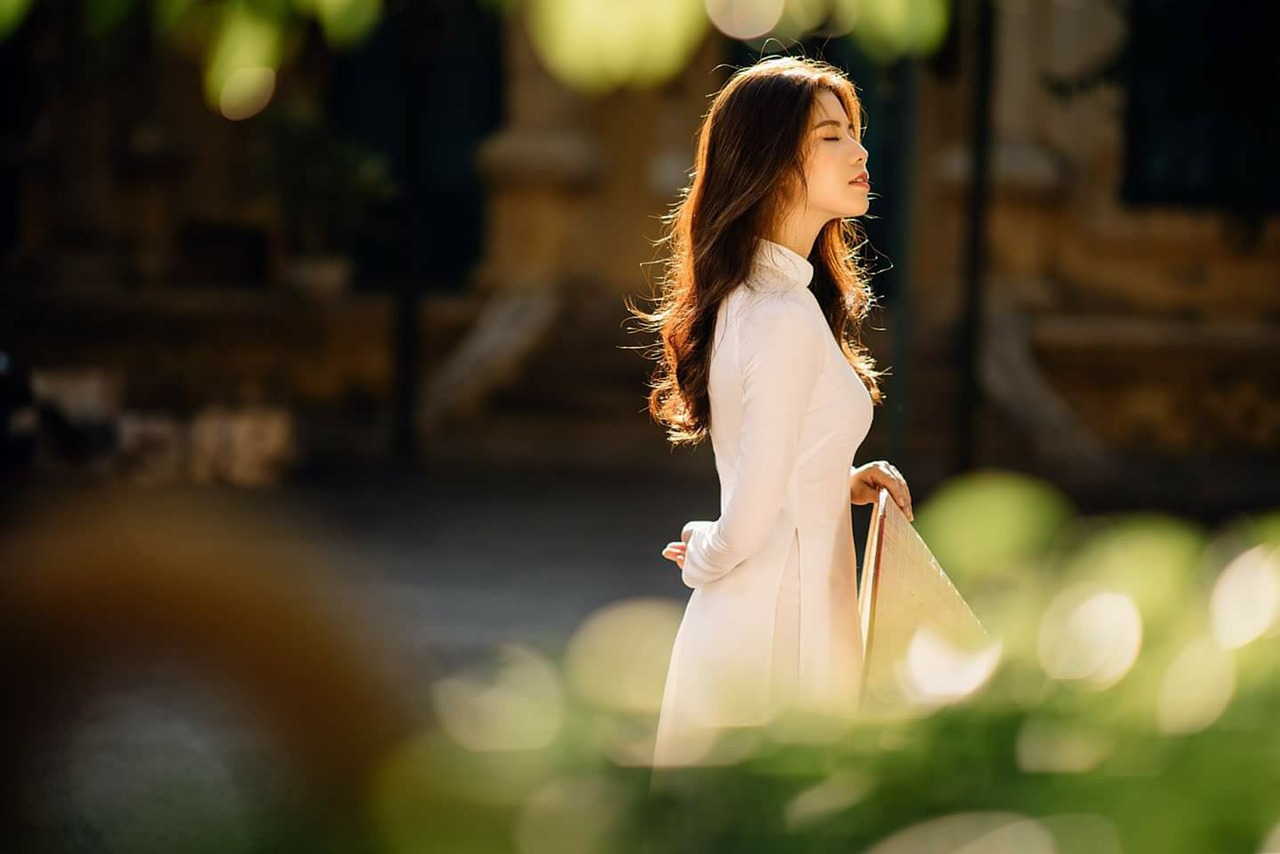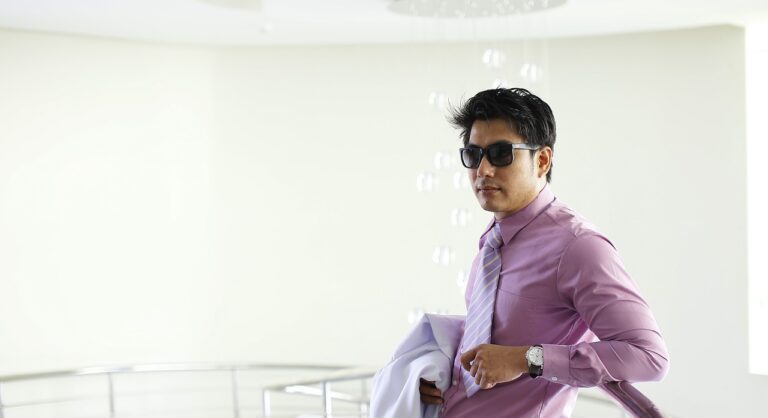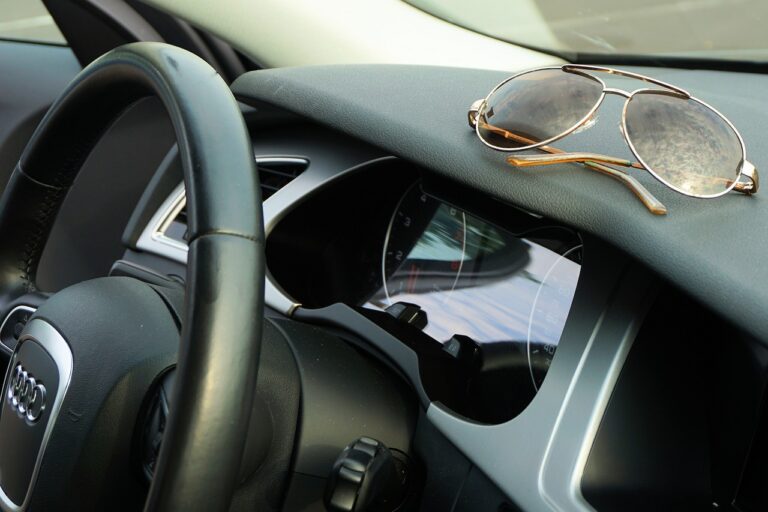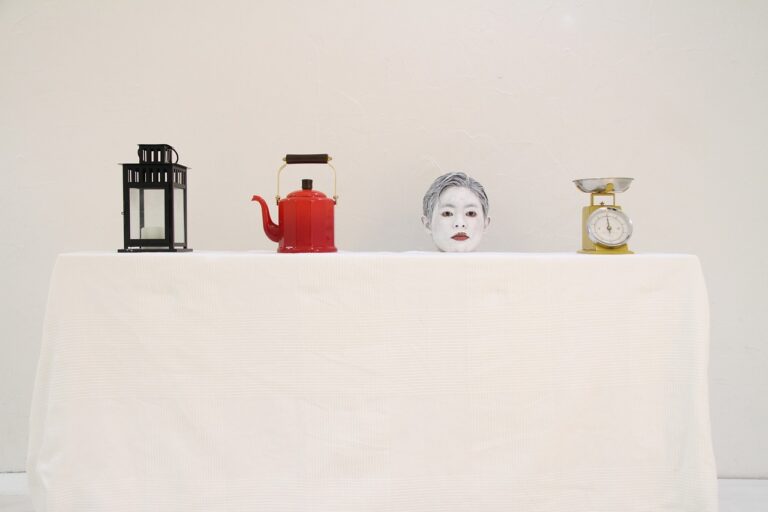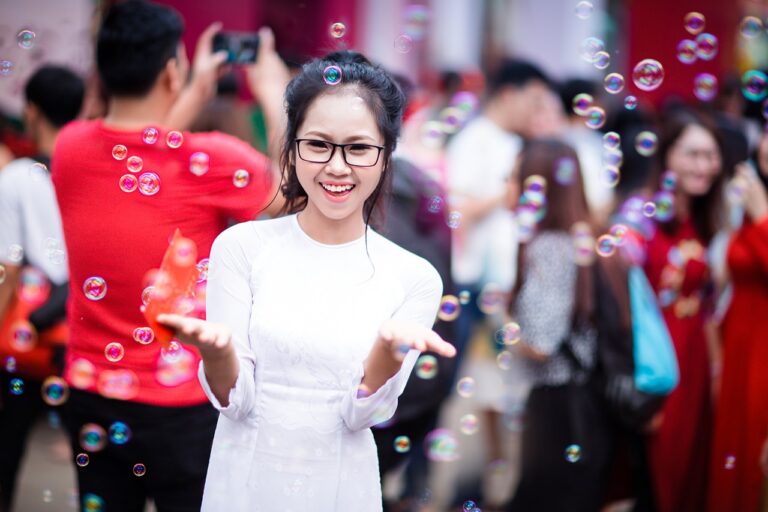The Psychology of Fashion: Why We Wear What We Wear
Fashion choices are often influenced by a variety of factors that shape an individual’s style preferences. One significant factor is the media, which plays a crucial role in showcasing trending styles and influencing consumer choices. Television shows, social media platforms, and fashion magazines constantly feature new fashion trends, influencing people to adopt and adapt their style accordingly.
Another key factor influencing fashion choices is peer pressure. People are often influenced by their social circles and strive to fit in and conform to the fashion norms prevalent within their groups. This can lead individuals to follow trends that may not necessarily resonate with their personal style, as the need to belong and be accepted within their social circle often outweighs individual preferences.
Cultural Influences on Fashion
Fashion is deeply intertwined with culture, reflecting the values, beliefs, and traditions of a society. Different cultures around the world have their own unique styles and aesthetics that influence the way people dress. From the vibrant colors and intricate patterns of traditional African attire to the minimalist and modern approach of Japanese fashion, cultural heritage plays a significant role in shaping fashion trends.
Moreover, the increasing globalization of the fashion industry has led to a fusion of different cultural elements, creating a melting pot of styles and inspirations. This cross-cultural exchange has resulted in a rich tapestry of diverse fashion choices, with designers drawing inspiration from a wide range of cultural influences to create innovative and cutting-edge designs. In today’s interconnected world, cultural influences on fashion continue to evolve and adapt, providing a platform for creative expression and celebration of diversity.
• Traditional African attire often features vibrant colors and intricate patterns
• Japanese fashion tends to lean towards a minimalist and modern approach
• Globalization has led to a fusion of different cultural elements in the fashion industry
• Designers draw inspiration from a wide range of cultural influences for innovative designs
Psychological Benefits of Dressing Well
Dressing well can have a significant impact on our psychological well-being. When we put effort into our appearance by wearing clothes that make us feel good, it can boost our confidence and self-esteem. This enhanced confidence often translates into a more positive attitude and outlook on life. People who feel good about how they look tend to carry themselves with more poise and self-assurance, which can lead to increased success in various aspects of their lives.
Moreover, dressing well can also improve how we are perceived by others. When we put thought and care into our outfits, it sends a message to the world that we value ourselves and take pride in our appearance. This positive impression can help us create strong social connections, as people are naturally drawn to those who exude confidence and style. By dressing well, we not only feel better about ourselves but also make a lasting and favorable impression on those around us.
How do factors like personal taste and lifestyle influence our fashion choices?
Factors such as personal taste and lifestyle play a significant role in determining our fashion choices. Personal taste reflects our individual preferences and style, while lifestyle considerations such as work requirements or hobbies can also influence the type of clothing we choose.
How do cultural influences impact fashion trends?
Cultural influences can greatly impact fashion trends, as different cultures have unique styles and aesthetics that can shape the way people dress. For example, traditional clothing from specific cultures may inspire modern fashion trends or influence the use of certain colors and patterns.
What are some psychological benefits of dressing well?
Dressing well can have several psychological benefits, including boosting self-confidence, improving mood, and enhancing perceived social status. When we feel good about the way we look, it can positively impact our overall mental well-being and how we interact with others.

